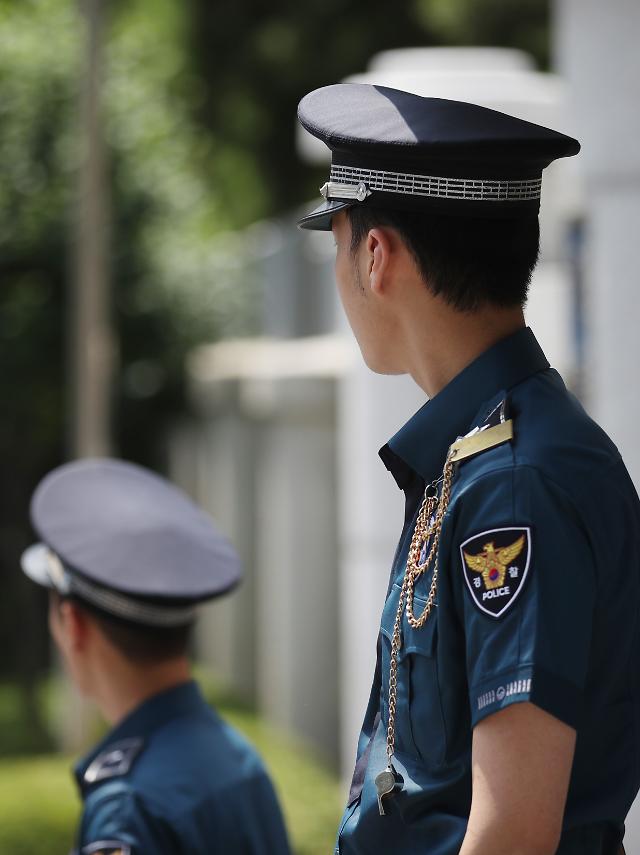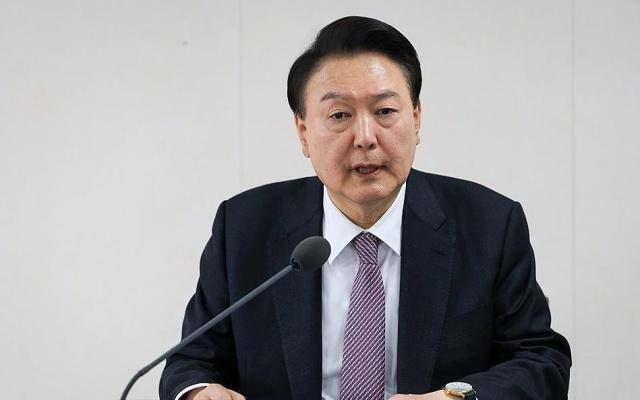
[Yonhap Photo]
SEOUL -- In efforts to reduce a concentration of investigative powers and avoid corruption and unfair judgment by state prosecutors, South Korean police will be empowered to conduct independent investigations.
South Korea has a relatively unified and integrated law enforcement developed by authoritarian rulers. The office of prosecutors, a state body controlled by the Ministry of Justice, exercises unlimited jurisdiction over criminal investigations by police.
There is a general public consensus that prosecutors have low credibility because their colossal investigative rights have been abused by those in power to remove political opponents and suppress pro-democracy movements. Reforming the distorted legal system was one of President Moon Jae-in's key campaign promises.
After an agreement on revising the legal system was signed by top government and presidential officials on Thursday, Prime Minister Lee Nak-yon called for cooperation from both police and prosecutors in balancing their investigative power.
Lee said police would be allowed to wrap up their own investigations and pursue indictment without seeking prior approval from prosecutors, who can intervene if they find human rights violations or power abuses by police.
"The problem of adjusting the investigative rights has been discussed for a long time as an important task for improving our criminal justice system," Lee said in a statement, adding the change is designed to protect the safety and human rights of the people.
The issue of reducing investigative powers by prosecutors has been a hot topic. By law, all criminal investigations by police are required to be under the command of prosecutors. This way, the prosecutors have power in accusing and investigating, leaving the police naked to any investigative authority.
The police have demanded an independent investigative power to seek arrest warrants as they are unable to look into corrupt prosecutors without such authorities. Prosecutors have been reluctant to give up the role of making an independent decision on whether to bring formal charges against criminal suspects.
Currently, the prosecution can intervene and command police investigations freely and police can seek court warrants and indictment only through prosecutors. Under a revised law which requires parliamentary approval, police can open and close investigations independently in all cases before transferring them to prosecutors. Prosecutors will focus on the primary role of prosecuting cases.
Lee said police would be allowed to wrap up their own investigations and pursue indictment without seeking prior approval from prosecutors, who can intervene in human rights violations or power abuses by police, Lee said.
This story was contributed by Jazin Wee, an editorial assistant.



![[OPINION] Election loss weakens Turkeys President Erdoğan](https://image.ajunews.com/content/image/2024/04/11/20240411153203838176.jpg)
![[OPINION] Assessing the trajectory of Chinas Economy: Growth or decline](https://image.ajunews.com/content/image/2024/01/31/20240131173956149557.jpg)